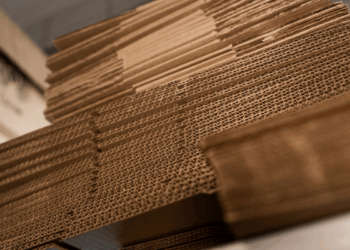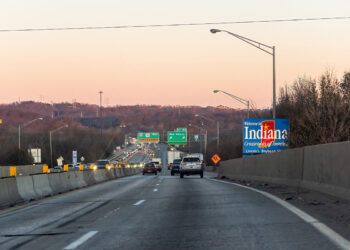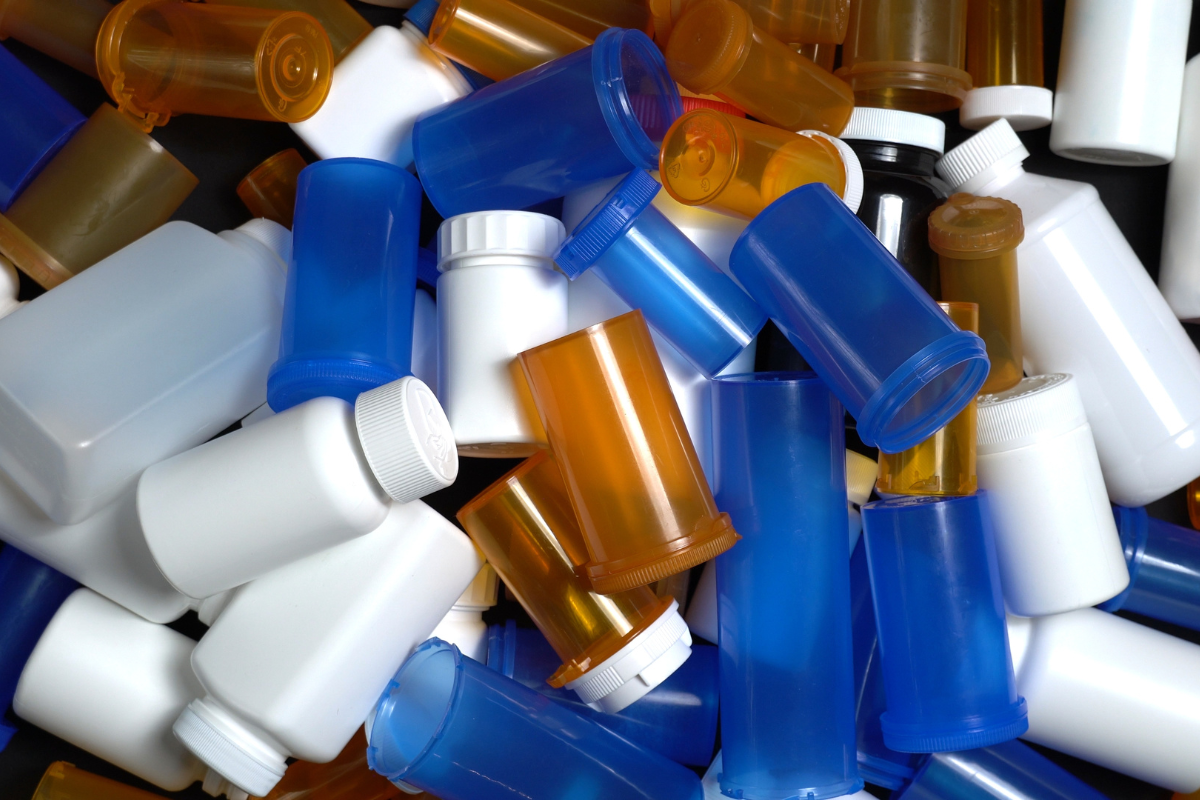Editor’s note: Learn more about food-grade recycled PP and many other topics at the 2025 Plastics Recycling Conference on March 24-26 in National Harbor, Maryland.
Prices for post-consumer PP bales have been climbing steadily after stagnating around 5-6 cents per pound for the better part of 18 months, with market players citing several factors for the runup.
Both buyers and sellers told Plastics Recycling Update they’re seeing PP prices as high as 17 cents per pound for the Midwest and Southeast in mid-February. That’s even higher than pricing recently reported in the RecyclingMarkets.net index, which showed an average level of 13.25 cents for the month. In comparison, PP bales stood at 4.88 cents in February 2024.
New and upgraded MRFs often include capability to segregate PP, which naturally has helped to increase supply. In its first annual report, The Recycling Partnership’s Polypropylene Recycling Coalition said it had given out 60 grants worth a combined $15 million to improve PP recycling access for 48 million people in 26 states. Since 2020, the group has increased community recycling program acceptance of PP by 11%, according to the report.
But demand for post-consumer bales is also on the rise, sources said, with slowly growing adoption and new processing capacity increasing competition for bales.
In Alabama, KW Plastics is nearing completion on a wash line that will add 150 million to 170 million pounds per year of PP processing capacity, Scott Saunders, general manager of the company’s recycling division, told Plastics Recycling Update.
Although KW offers food-grade recycled PP resin, the company doesn’t sell into food applications, Saunders said. Offtake into the personal care segment has grown for 2025, he said, and general-purpose molding applications look strong for the year, too.
In Indiana, Republic Services’ joint venture Blue Polymers is commissioning equipment at its first recycled resin plant, Pete Keller, vice president of recycling and sustainability at Republic Services, said in an email. And the venture in December obtained a U.S. Food and Drug Administration letter of no objection for food-grade PP. Blue Polymers is also building the second of its four planned centers in Buckeye, Arizona.
Eyes are on virgin markets
Although “most people are at 17 right now,” bale pricing would need to be at 8-10 cents per pound to compete with current virgin resin prices, Saunders said. Even so, “the vast majority of the buyers of that resin buy off of cost advantage” and can switch fairly easily between virgin and recycled resin, he said.
Between April and October 2022, PP bale prices plummeted from 34-35 cents per pound to around 5 cents, according to RecyclingMarkets.net data. This was a result of falling propylene and virgin PP pricing that drew buyers away, Saunders said. For some time, “we were overwhelmed with material,” he said, and “it probably was five or six months before we worked through all that inventory before we really had to be competitive.”
During that time, virgin PP prices tumbled, with new sources of propylene coming online, making “feedstock costs come off really, really hard,” said Paul Pavlov, vice president of polypropylene at Resin Technology Inc.
But with increasing reliance on propane dehydrogenation, PDH, units rather than refineries to produce propylene and only a handful of PDH units in the U.S., even one outage causes a significant disruption to feedstock supply. Prices for virgin resin rose amid upstream outages in the first half of 2024, Pavlov said, then eased as the issues were resolved.
Now in early 2025, virgin pricing has risen again amid further PDH issues, he said.
PureCycle ramps up, fine-tunes feedstock
In Ohio, PureCycle continues to ramp up its Ironton PP purification plant. The plant is primarily fed with curbside bales from MRFs as well as raffia from several manufacturing sites, according to spokesperson Christian Bruey.
The plant’s feedstock slate has evolved as the company has fine-tuned the new technology, CEO Dustin Olson said in a November earnings call. Plans for the Ironton plant in Ohio originally assumed a much higher quality PP bale of 95-98%, which “just doesn’t exist,” he said.
“One of the areas that was underestimated at Ironton in the beginning was just the impact of the variability of No. 5 bales,” Olson said. In a 2024 interview with Plastics Recycling Update, Olson said PP bale quality often varies widely, from 65% to 95% PP.
To improve feedstock bale quality, PureCycle started up its new Pennsylvania sorting facility last September. The plant has a nameplate capacity of about 22,000 pounds per hour and will service both the Ironton and the planned Augusta site in Georgia.
As a result, the company now can buy cheaper 3-7 bales and low-quality PP bales to sort, and then send a high-percentage PP bale for grinding at Ironton, Olson said in November. The new facility also sorts PET, HDPE and aluminum into separate streams for sale.
In a recent press release, PureCycle said it prefers bales containing no more than 10% contamination, but “purchased bales are typically found to be below this threshold.” In its buying specifications, KW defines PP small rigid, food-grade bales as having no more than 20% contamination.
Canada-headquartered EFS-Plastics buys and sorts mixed rigids bales, which contain numbers 1-7 or 3-7, and specifies that they contain at least 46% PP. Representatives for EFS-Plastics declined to comment for this story.
As a benchmark, the Association of Plastic Recyclers defines model bales for PP small rigids as having no more than 15% contamination. Buyers and sellers can compare bales against these specifications and adjust pricing accordingly. APR owns Resource Recycling, Inc., publisher of Plastics Recycling Update.
Looking ahead
In its November 2024 corporate update, PureCycle said it had provided consumer goods giant Procter & Gamble with trial quantities of compounded material and planned to provide production quantities in the second or third quarter of 2025.
Recycled PP is still an emerging space, said Doug Hano, vice president of purchasing for sustainable resins at Berry Global, because there’s not a lot of great supply of clear and food-grade resin.
“But that space probably is going to be turned on its head here shortly with PureCycle,” he said, adding that the resulting resin could be priced below where mechanical recyclers are selling today. “That could upset the apple cart.”






























